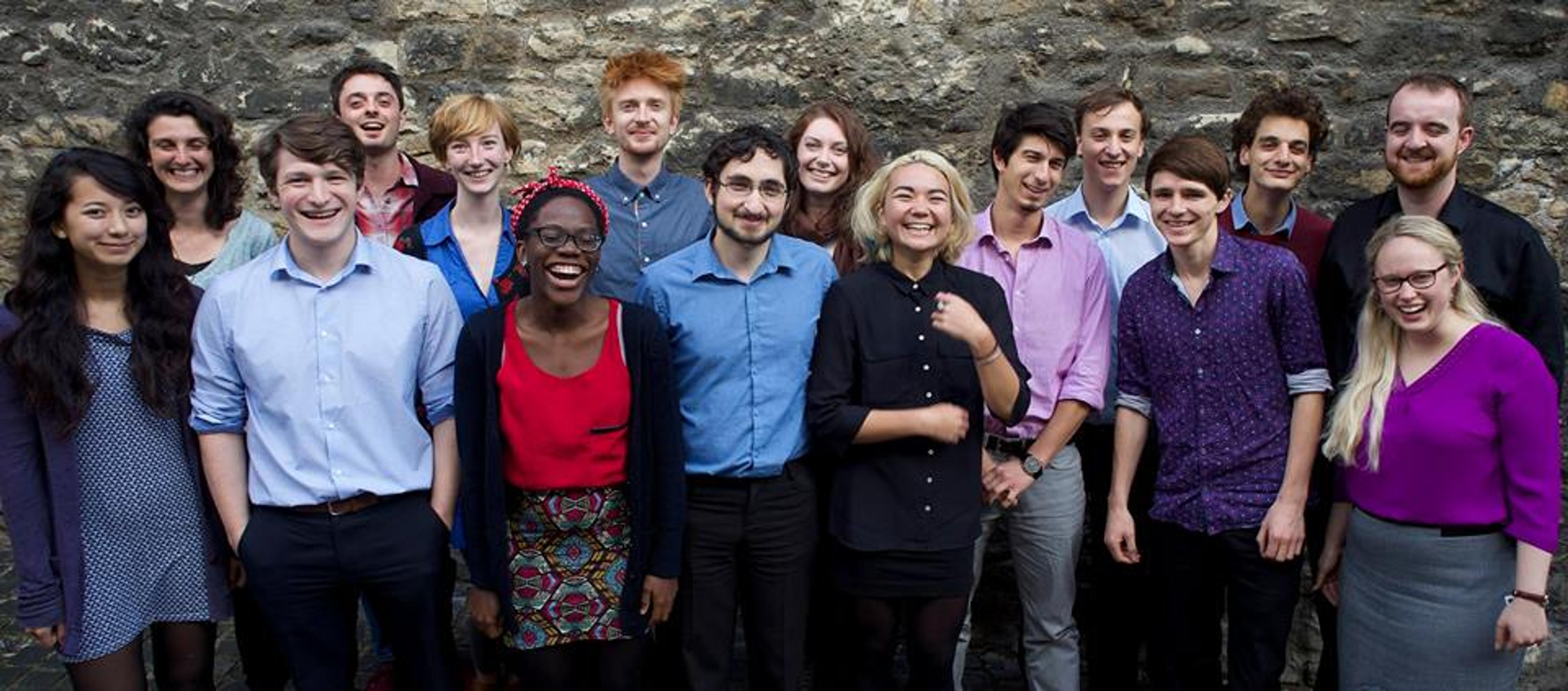Each year more than six million people die from preventable diseases. 2.4 billion people live on less than $2 every single day day.
If your average person in the US just donated 10% of their income they could protect 700 people from malaria for at least three years with mosquito nets or treat 7,100 people for neglected tropical diseases that keep them from work and school.
But what if you could double or triple even those numbers? What if in the future we discover even more helpful ways to donate our money? Would we regret ‘wasting’ our donations on less effective interventions in the past?

Should we donate to charities that tackle extreme poverty now or invest our money and wait for the future when we might understand more which poverty interventions work?
That is the big question.
I have chosen to give now to charities that fight extreme poverty. Here’s why.
2015: An important year for eradicating poverty
This year is an important time in our our mission to eliminate extreme poverty.
Organisations like Giving What We Can and GiveWell are moving more and more funds to top charities. Effective Altruism is growing as a movement with Peter Singer and Will MacAskill books both out and a record breaking number of people attending the Effective Altruism conferences.
In international development more broadly, the Millenium Development Goals end in 2015 having halved the number of children who did not make it to their fifth birthdays compared to 1990. They will be replaced by the Sustainable Development Goals), which are more inclusive and far reaching. The Sustainable Development Goals aim for a world free of extreme poverty by 2030.
Only a couple of months ago (on the 24th July) Nigeria marked one whole year polio free. A small step in completely eradicating this deadly disease from the planet by removing it from the last remaining countries; Nigeria, Pakistan and Afghanistan.
We’re also setting the new climate change targets and as we know it is the world’s poorest that will be hit hardest by Climate Change.
All of this momentum strengthens my feeling that now is an important time to give. The more success we achieve, the more people can see what is possible and how much of an impact individuals can have. We can seize the opportunity to create a worldwide movement where giving is both normal and clearly effective.
Nearing success on some of the most cost effective interventions
These successes also mean some of the cheap and effective interventions against extreme poverty will soon become superfluous (we hope!). This means there are cost effective giving opportunities now that might not be there if we wait. Yes, we can invest our money now and give more later. But will current interest rates really yield enough extra money to offset the cost effectiveness of current charities?
Not only that, but will the interest gained surpass the compound effect (the effect of current investments in the receiver’s ability to help others)? Money we donate to, for example, deworming charities keeps people in work and school. These people then contribute to their families, their communities and their society in ways that they otherwise would not have done. These changes then benefit their children and their children’s children.
Are we losing generations of impact the longer we delay?
The age of the randomised controlled trials
One argument for delaying is that in the future we’ll have more information and be able to give even more effectively.
When does this stop?
It will likely always be the case that we will know more in the future. Should we therefore always put off giving?
With so much focus on the Sustainable Development Goals and measuring effective poverty interventions, rigorous evidence in international development is starting to become the norm. By supporting those charities which set the gold standard of measuring effectiveness we can build pressure for other charities to improve and continue this trend. We can drive innovation by demanding it.
Where new developments seem to be just on the horizon, putting off giving is likely to be prudent. Where advances are slower or supporting current charities is the very way to drive innovation then donating now seems to be the best way to create better future outcomes.
A culture of giving
It’s not only a culture of rigorous evidence we want to encourage but also a culture of giving.

By donating now we also encourage others to give. Even if saving to give were more effective it’s not a convincing argument for people new to the ideas.
“I’m saving my money to give to charity later, honest”
If saving to give later reduces the number of people that can be introduced to giving in the first place, then it may well be restricting its impact. Whatever I can achieve can be vastly increased as I persuade others to join me. With momentum behind the campaign to eradicate extreme poverty in the next 15 years, now is the time to engage a wider audience. The more people that give, the more the culture of giving grows.
There are more and more movements campaigning to eradicate poverty. Effective giving is another way they can reach their goals.
Think of the impact we could have if giving became normalised.
Imagine a world free of poverty by 2030.
This is my vision for my giving. What is yours?